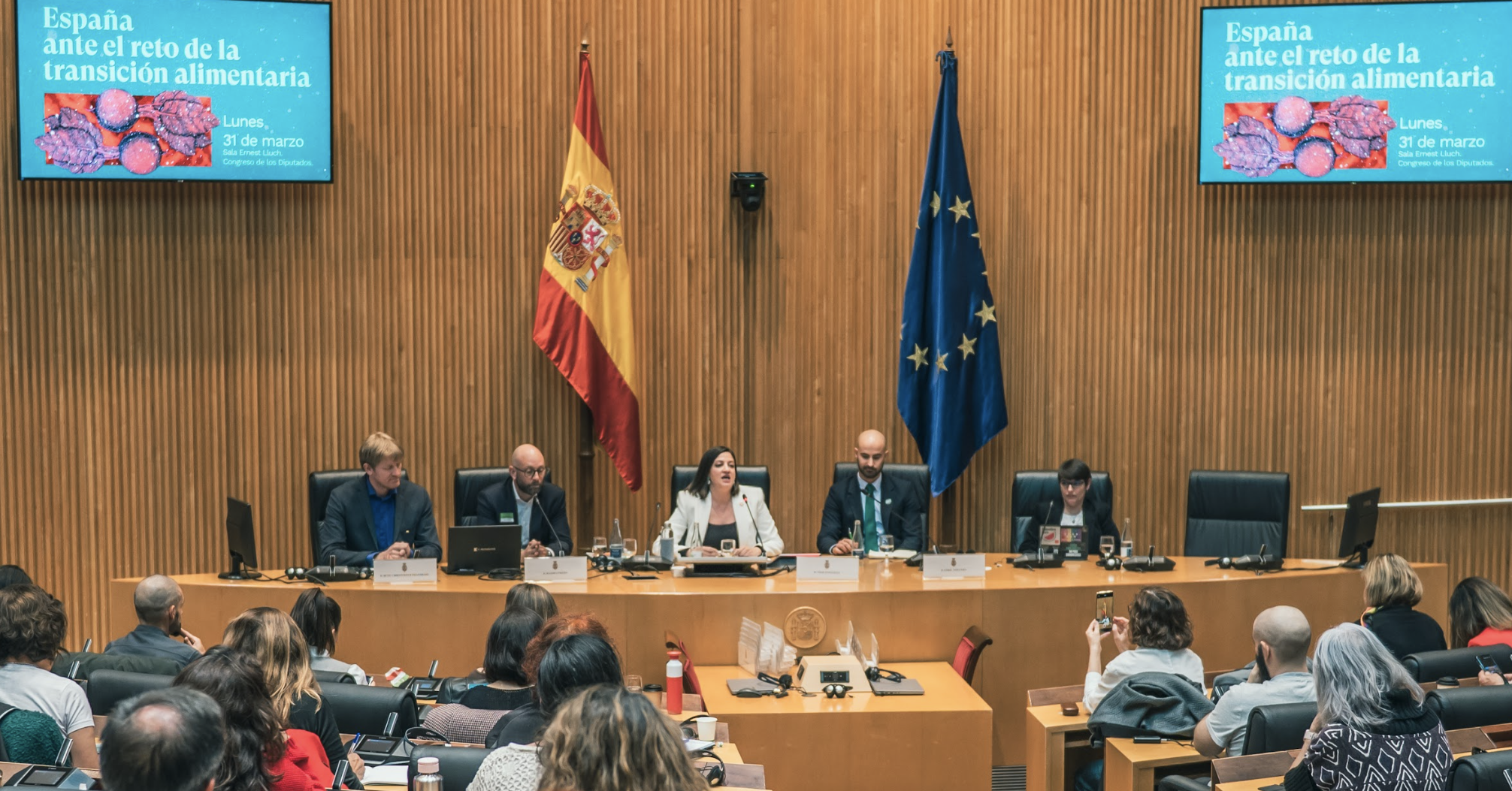Hi all!
We’re happy to announce that Instituto Federal Catarinense - Campus Araquari signed the commitment to always be crate-free in research and education at experimental farm. The Araquari Campus is a crate-free reference in Brazil!
Through this innovative initiative, the Fóum Animal expands its relationship with those interested in the possibility of making the Brazil without cages movement happen. We've worked with companies, producers, policymakers and consumers. A year ago we started working with universities that are training future professionals who will work in industries, and with that we are teaching them to remove the cages from universities, so that they are prepared to remove the cages from industries.
As a strategy to ensure that the university fulfills its commitment, we signed a formal document that becomes the university's internal regulations.
This measure will also ensure that the university responds to the annual audit that will be carried out by us.
Scale: Local
Timeline: 1 months
Who: Fórum Animal
Unsuccessful Tactics:
Successful Tactics: The Animal Forum maintained a corporate contact routine with the professor responsible for pig farming at the university. We maintained a friendly approach and shared support and information about crate-free commitments and animal welfare in various countries. We also put pressure on the university to come up with an action plan to publish the commitment with the necessary support. We carry out all of the above activities as part of our Cage Free Universities campaign.
Scalability: This commitment will impact the lives of 20 sows that will be raised completely free of cells and cages and approximately 815 students will be impacted annually. The repercussion of its commitment reaches other higher education institutions that are potential new targets. This reinforces the pressure on universities that have pig farming activities.
Follow up: We will encourage them to respond to the annual audit that will be carried out by the Fórum Animal.
For the animals,


